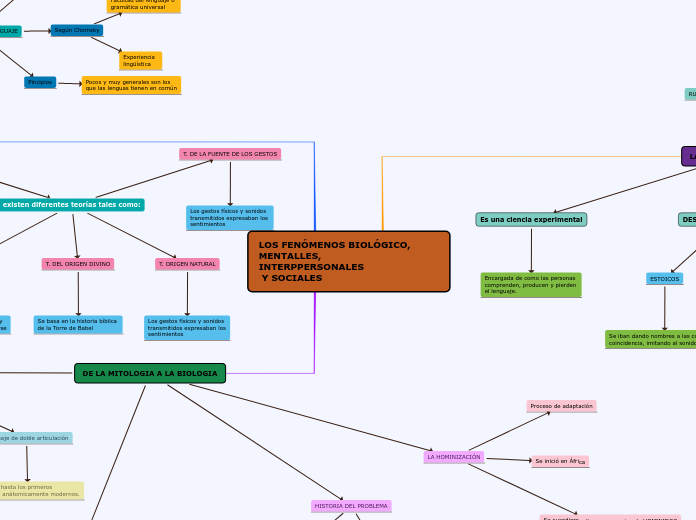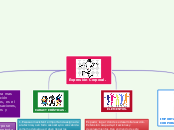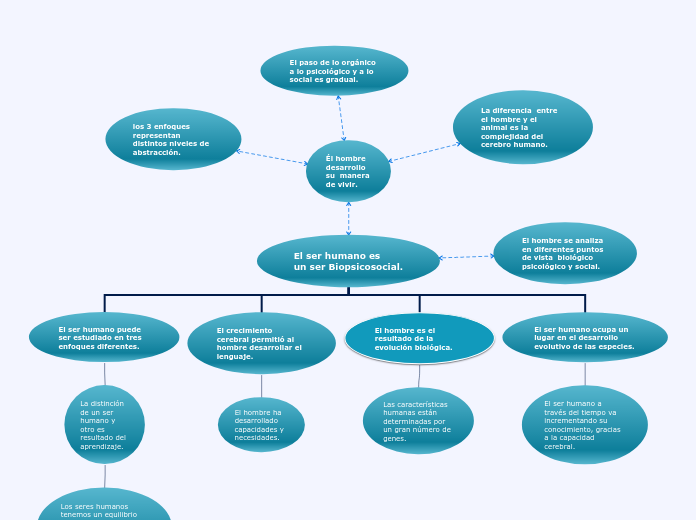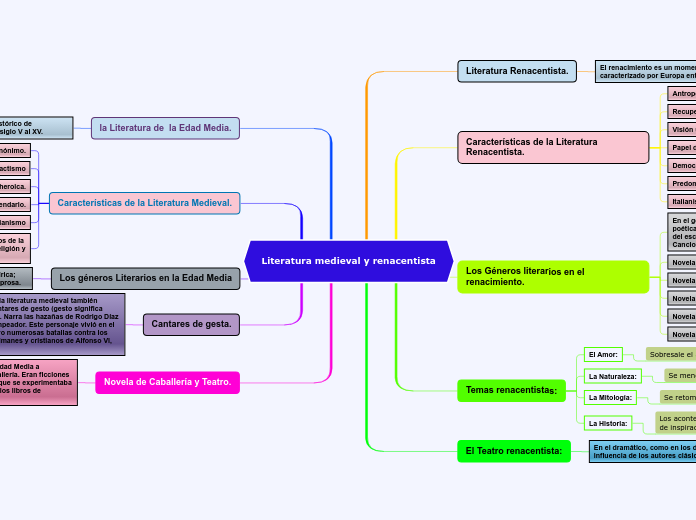LOS FENÓMENOS BIOLÓGICO, MENTALLES,
INTERPPERSONALES
Y SOCIALES
In linguistics, syntax is the set of rules, principles, and processes that govern the structure of sentences in a given language, usually including word order.
DE LA MITOLOGIA A LA BIOLOGIA
El lenguaje evolucionó siguiendo distintos grados sucesivos.
Lenguaje de doble articulación
Apareció hasta los primeros
humanos anátomicamente modernos.
Punto de partida hace 2 millones de años
Homínidos reunieron características
biológicas y culturales
LA HOMINIZACIÓN
Se sucedieron diversas especies de HOMINIDOS
de manera amplía a los seres humanos y
sus ancestros que convivieron,
una se impuso y otras se fueron extinguiendo
Se inició en África
Proceso de adaptación
PRIMERAS FORMULACIONES TEÓRICAS
Rousseau: los gritos y los gestos son la expresión
más genuina de las emociones humanas
Étienne Bonnot de
Cordillac: el lenguaje era la herramienta que permitía
transformar los sentidos y las emociones en las
capacidades interlectivas
Shleicher: las lenguas se comportan como organismos
y por eso evolucionan y luchan entre sí para sobrevivir
HISTORIA DEL PROBLEMA
En la biblia se hace coincidir el origen del
lenguaje con el de la especie humana
Es un mito importante
De tipo mitológico
GÉNESIS DEL LENGUAJE
A complex sentence is a sentence that contains an independent clause and one or more dependent clauses.
An independent clause can stand alone as a sentence, but a dependent clause even though it has a subject and a verb cannot stand alone.
LENGUAJE Y CEREBRO
EXPRESIÓ
O PRODUCCIÓN
Se realiza en
área de BROCA
COMPRENCIÓN
Se realiza en
el área de
WERNICKE
ADQUISICIÓN DEL LENGUAJE
PARÁMETROS
Explica la diferencia entre
las lenguas, es innata.
Pincipios
Pocos y muy generales son los
que las lenguas tienen en común
Según Chomsky
Experiencia lingüística
Facultad del lenguaje o
gramática universal
existen diferentes teorías tales como:
The subject clause is a dependent clause that acts as a subject.
T. DE LA FUENTE DE LOS GESTOS
Los gestos físicos y sonidos
transmitidos expresaban los
sentimientos
T. ORIGEN NATURAL
Los gestos físicos y sonidos
transmitidos expresaban los
sentimientos
T. DEL ORIGEN DIVINO
Se basa en la historia bíblica
de la Torre de Babel
T. EVOLUTIVA.
El hombre fue evolucionando y
vio la necesidad de comunicarse
Concepciones
A predicative clause may be introduced by conjunctions - that, whether, whether... or, as, as if, as though, because, lest, the way - or connectives.
The latter may be conjunctive pronouns - who, whoever, what, whatever, which - or conjunctive adverbs - where, wherever, when, whenever, how, why.
C. FILOGENICA
Evolución del lenguaje en la especie
humana
C. ANTOGENICA
Determina la formación del
lenguaje a lo largo del desarrollo
del niño
Se trata de
The object clause is a phrase on which a verb performs an action. It falls at the end of a sentence, and is governed by a verb or a preposition.
procesos que intervienen en la producción
del lenguaje.
LA PSICOLINGÜÍSTICA
RUTAS DE LA PSICOLINGÜÍSTICA
3° periodo contemporáneo
Década del 70 hasta la
actualidad
Etapa Chomskiana
Chomsky lidera esta ola de
actividad psicolingüística
Etapa pre-Chomskiana
Relativismo lingüístico
y la de la medición
Etapa pre-psicolingüística
comportamiento verbal basados en
situaciones ambientales de refuerzo
y castigo.
En base a autores
The predicative is defined as an adjective or noun forming or contained in the predicate.
Its main trait is that it serves to express a property that is assigned to a 'subject'.
For e.g.: The dog is old.
CARRAZCO
estudia cómo el ser humano adquiere,
comprende y utiliza el lenguaje.
ORTIZ
estudia los procesos de adquisición
y formación de la estructura mental
del lenguaje.
DESARROLLO HISTÓRICO
Traditional grammar defines the object in a sentence as the entity that is acted upon by the subject.
ARISTÓTELES
The indirect object identifies the person/thing for whom/which the action of the verb is performed.
The indirect object is usually a person or a thing.
"Sin lenguaje no hay conocimiento"
ESTOICOS
The direct object is the receiver of the action mentioned in the sentence.
Se iban dando nombres a las cosas por
coincidencia, imitando al sonido.
Es una ciencia experimental
The subject of a sentence is the person, place, thing, or idea that is doing or being something. You can find the subject of a sentence if you can find the verb.
Ask the question, 'Who or what 'verbs' or 'verbed'?' and the answer to that question is the subject.
Encargada de como las personas
comprenden, producen y pierden
el lenguaje.









